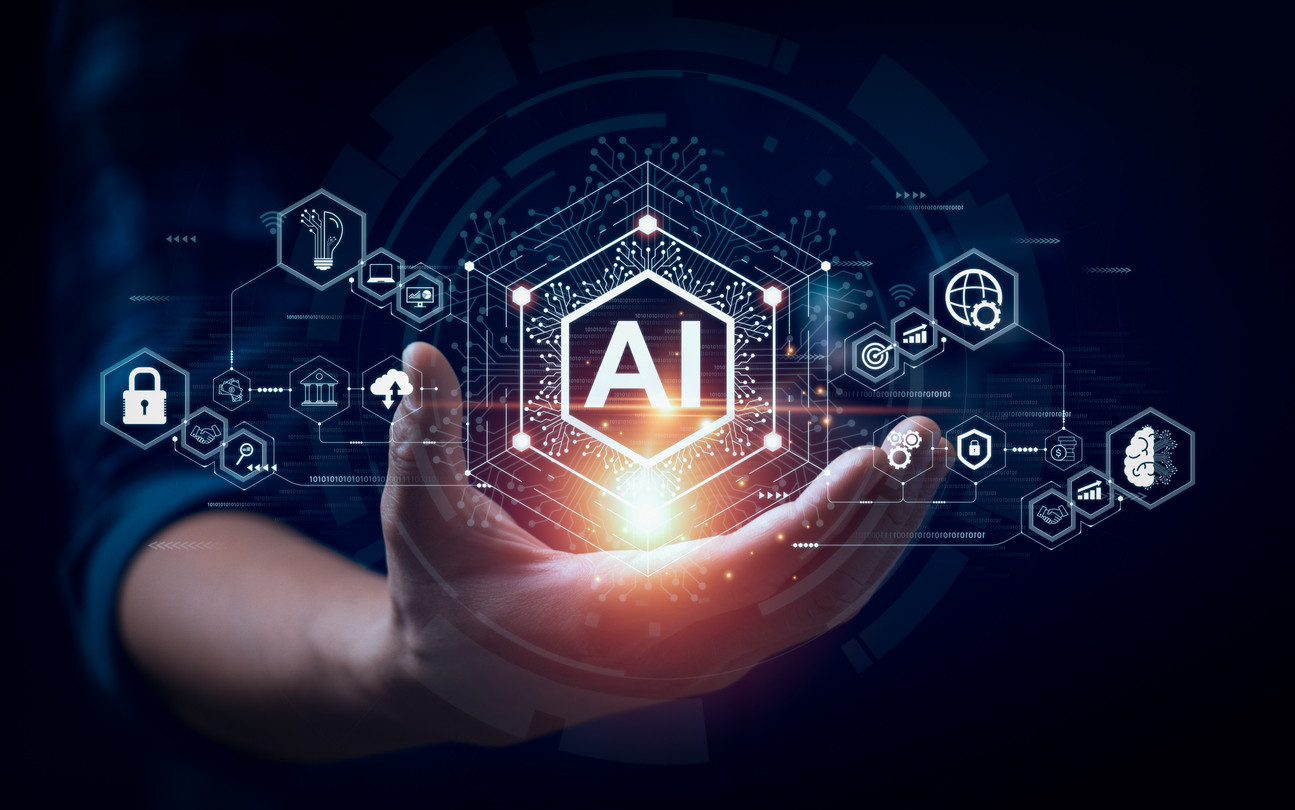
As we stand on the brink of a technological revolution powered by Artificial Intelligence (AI), the staffing industry faces both unprecedented challenges and opportunities. The integration of AI into various sectors is not just imminent; it's already underway, reshaping job markets and operational paradigms. In this transformative era, staffing firms must adapt and evolve to remain relevant and competitive. Here are strategic insights into how staffing agencies can navigate the AI-driven landscape:
Embrace Technological Integration
The first step in adapting to the AI revolution is embracing the technology itself. Staffing firms should invest in AI-driven tools for talent acquisition, candidate screening, and customer relationship management. These tools can enhance efficiency, reduce human error, and provide deeper insights into candidate and client needs.
Focus on Human-AI Collaboration
While AI can automate and optimize many processes, the human element remains irreplaceable in understanding nuanced client requirements and candidate aspirations. Staffing firms should focus on training their teams to work alongside AI, leveraging technology to augment human capabilities rather than replace them.
Upskill and Reskill Talent
As AI transforms job roles and skill requirements, staffing agencies have a pivotal role in upskilling and reskilling candidates. By staying ahead of emerging skill trends and offering training programs, staffing firms can ensure their talent pool remains relevant and in demand.
Specialize in AI-Driven Industries
With AI expected to drive growth in sectors like healthcare, IT, finance, and manufacturing, staffing firms can benefit from specializing in these areas. Developing expertise in AI-driven industries allows staffing agencies to offer more value to clients and candidates alike.
Promote Soft Skills
In an AI-dominated future, soft skills such as creativity, empathy, and problem-solving will become more valuable. Staffing firms should highlight these skills in their candidates, positioning them as essential complements to AI's analytical capabilities.
Adopt a Consultative Approach
Staffing agencies can evolve into strategic partners for their clients by adopting a consultative approach. This involves advising clients on workforce strategies that integrate AI effectively, ensuring they stay competitive and innovative.
Conclusion
The AI revolution presents a dual-edged sword for the staffing industry, offering opportunities for innovation and efficiency but also demanding rapid adaptation. By embracing AI, focusing on human-AI collaboration, and continuously upskilling talent, staffing firms can not only survive but thrive in the age of AI. The future belongs to those who are prepared to navigate the complexities of this new era, transforming challenges into stepping stones for growth.












